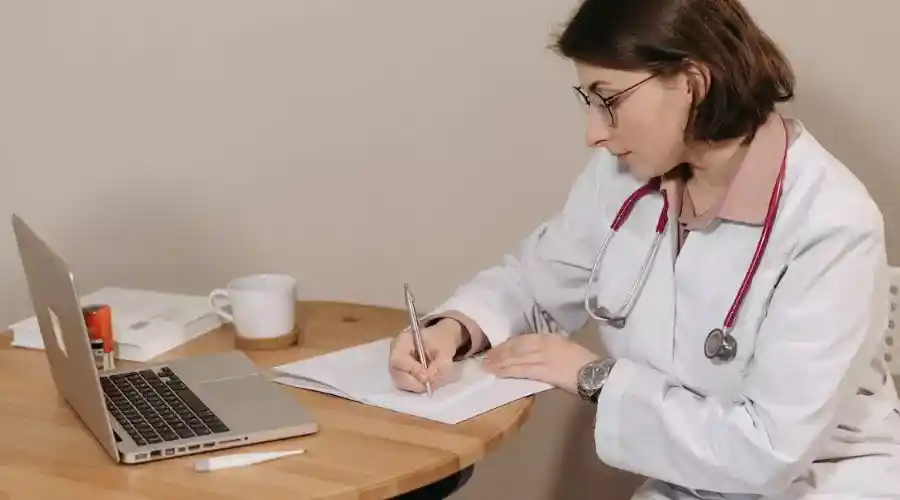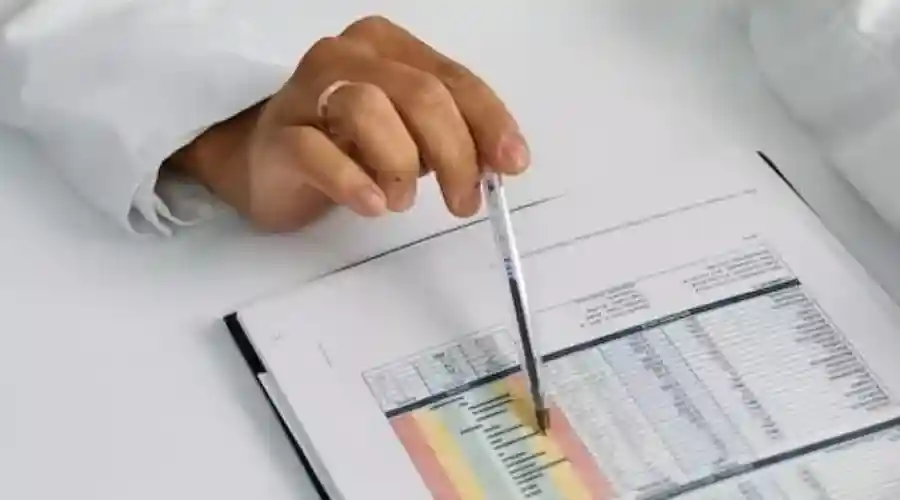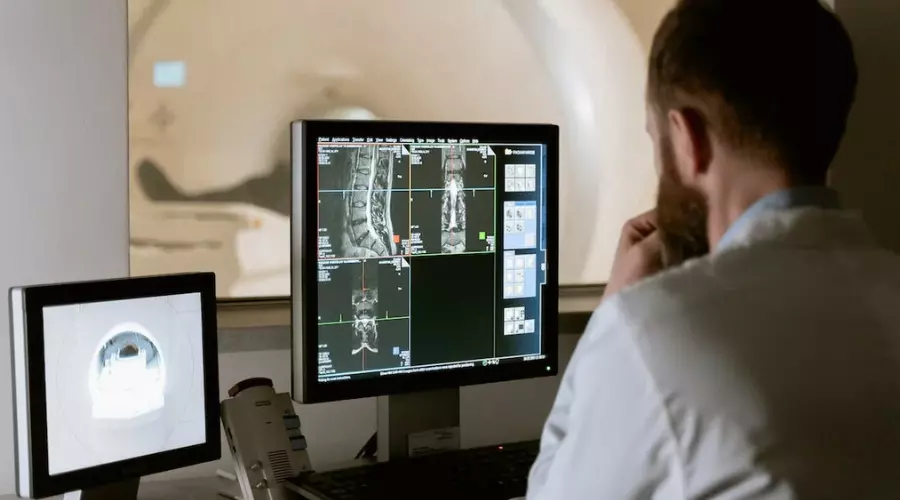Adults with epilepsy may be eligible for Social Security disability income (SSDI, for those who paid taxes into the Social Security system). To qualify for either SSDI, epileptic seizures have to occur regularly and interfere with daytime tasks. But because epilepsy is often controlled with medication, that means it does not always have to be a disabling illness. Social Security assessors will want to see evidence that your condition is disabling even though you are taking your medication.
The SSA specifies how often the seizures must occur depending on the type of seizure, — convulsive or nonconvulsive — for the disorder to be eligible as a disability that prevents the person from working.
The SSA maintains a manual called the Blue Book that contains a list of disabilities. Convulsive and non-convulsive epilepsy is included in the manual. When you submit your application for benefits, the SSA wilt review your claim will compare your medical records and other documentation to the appropriate listing in order to determine if you are eligible for benefits. To qualify for the Blue Book listings, your epilepsy must be severe and uncontrolled by medications, despite strictly following your doctor’s treatment orders AND the evidence in your medical records must meet or closely match the listing for the type of epileptic seizures you have.
- For convulsive seizures (listing 11.02), the SSA needs to see that you experience:
- Daytime seizures that cause you to convulse or lose consciousness OR
- Nighttime seizures cause severe complications for you during the day, such as issues staying awake, thinking clearly, or coordination.
In addition to experiencing seizures that meet the Blue Book, you must also continue to have seizures at least once a month after you’ve been on anti-seizure medication(s) for at least three months. To set up an appointment to submit an application for SSDI through your local SSA office. After you submit all the necessary medical and financial information to the SSA, a claims assessor will request your medical records, review them with a medical consultant, and make a decision on whether to approve disability benefits for your epilepsy. It will likely take three to six months for the SSA to determine whether you are eligible for disability benefits.
If you are in the Cleveland area and need to find a facility that specializes in nonconvulsive epilepsy treatment, visit Cleveland Clinic for more information.







